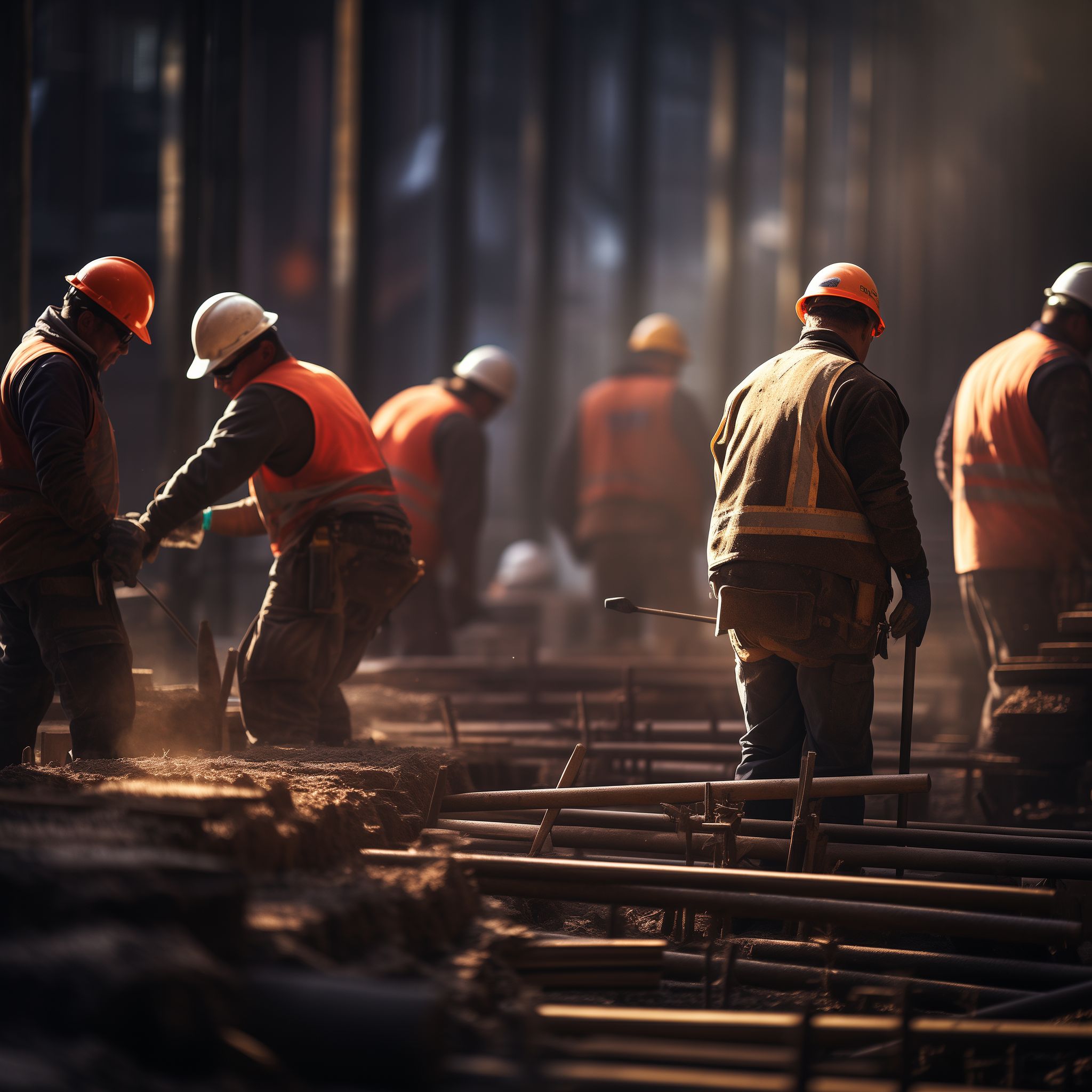


Peer reviews can significantly cut permitting processing times, enhance construction efficiency, and boost design quality - but conducting one successfully requires a team of seasoned experts with years of field experience. Learn more about the importance of peer reviews in our industry.
Civil engineering is a regulated field with stringent codes and standards that must be observed, making peer review essential in making sure designs meet these specifications.
Peer reviews provide stakeholders with confidence that a project will be safe, compliant, and of high quality. Peer reviews identify issues which need to be addressed on site before time and money are wasted due to early detection.
Peer reviews can uncover many issues related to code compliance, structural integrity, and clarity of design. Furthermore, this process ensures that design teams utilize only the latest available technologies and resources.
Peer review is worth the investment as it can reduce construction costs by preventing expensive rework on-site and mitigate safety risks such as fires or explosions that might arise from poor design or improper installation errors. Peer evaluation can also be applied to renovation and retrofit projects which often present unique challenges; just make sure it frames any criticism positively to empower authors rather than make reviewers defensive.
Peer reviews provide invaluable benefits in construction. By helping identify issues such as design errors and constructability problems before they surface in the field, peer reviews help prevent costly delays, time savings and potential liability risks down the road. To explore how our peer review services can benefit your construction projects, explore our peer review services.
Peer reviews involve conducting a careful examination of project documentation - such as design drawings, specifications and engineering calculations. A professional peer reviewer will carefully assess these documents before providing an in-depth report about their findings.
Peer reviewers are skilled professionals with years of experience who specialize in finding faults that might otherwise go undetected on job sites, so selecting one suited for the complexity and scope of your project is of utmost importance - an expert in high-rise structures may not be suitable, for instance, in reviewing single family residential projects.
Review processes offer the opportunity for collaboration with reviewing engineers. By working together on problem solving approaches that result in innovative designs with higher efficiency and overall quality standards.
Design mistakes or impracticalities often appear during the design phase, and one way to reduce them is with rigorous peer review by engineers with no relation to the project team. Peer review involves examination of construction documents by separate engineers examining them independently from those involved with the team.
Peer reviewers who know their craft will delve deep into a project's documentation, carefully reviewing drawings, specifications and engineering calculations in search of admirable aspects and areas requiring immediate revision or focus. Their aim should be to identify both positive aspects and areas requiring urgent focus or change.
Peer reviewers offer industry expertise that can ensure designs comply with regulatory requirements, which helps avoid legal repercussions or project delays down the line.
A great peer reviewer should be able to identify issues and suggest improvements without being confrontational or making project team members feel threatened, which is especially critical if senior management respects and trusts him or her - otherwise, any review conducted will likely be disregarded or taken less seriously than necessary.
Peer reviews can be an effective tool to identify any issues before construction begins, saving both time and money for your project. To achieve optimal results from their review process, the engineer of record must take an objective, constructive approach to ensure success of this tool.
Peer reviewers can bring invaluable expertise when reviewing plans and specifications from a constructability perspective, looking for ways the structure can be built more quickly, inexpensively or sustainably than originally envisaged by design teams. A peer review may also uncover cost savings opportunities which have been overlooked by these teams.
An effective peer review will benefit all involved parties involved with the project, from reviewer and design team members to project owners. When perceived as a learning opportunity rather than a condemnation session, team members are much more open to participating and it saves both time and reduces costly delays in project delivery. Explore our Peer Review Policy, Process, and Guidance for comprehensive insights.
Enhance your construction project's success with Developers Research, your trusted service provider for Effective Peer Review in the Construction Industry. Our seasoned experts bring years of field experience, ensuring thorough examination of project documentation, including design drawings, specifications, and engineering calculations. We specialize in identifying issues related to code compliance, structural integrity, and design clarity, preventing costly delays and safety risks. Collaborate with our skilled peer reviewers to achieve innovative designs, higher efficiency, and compliance with regulatory requirements. Trust Developers Research for objective, constructive peer reviews that save time, reduce costs, and ensure the success of your construction projects.